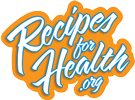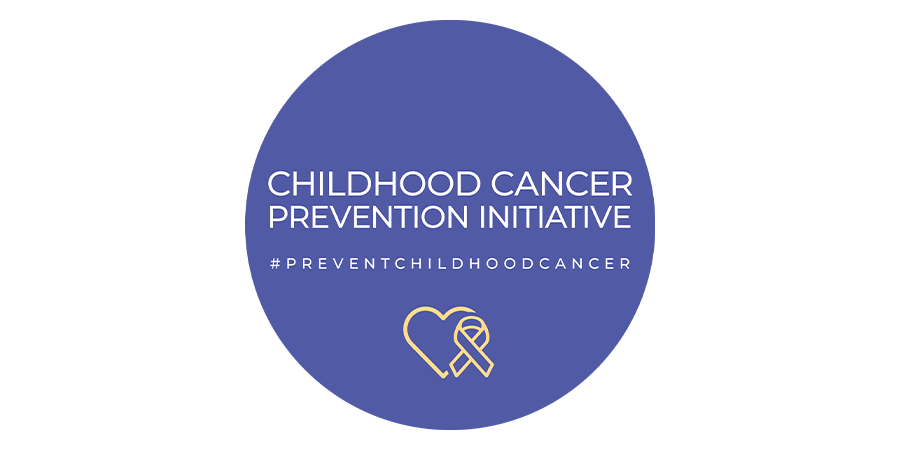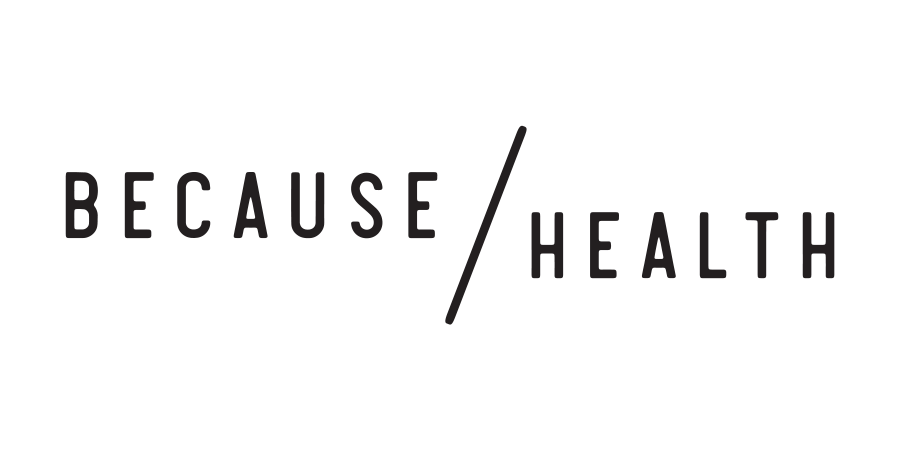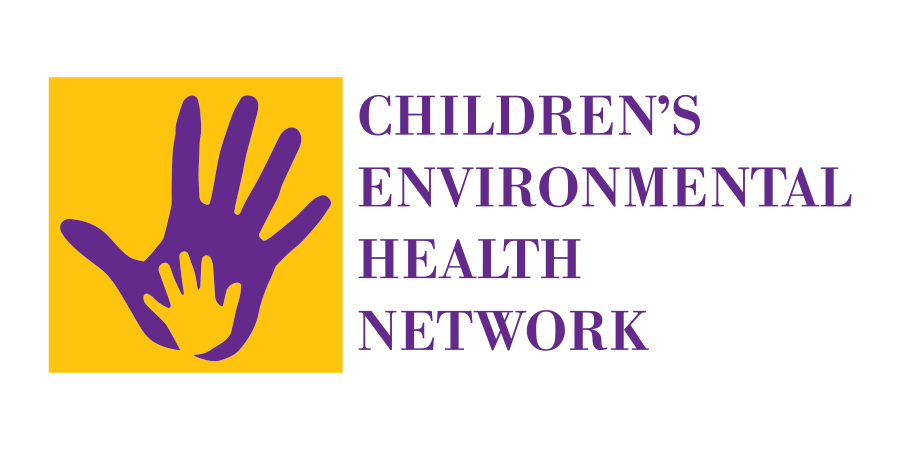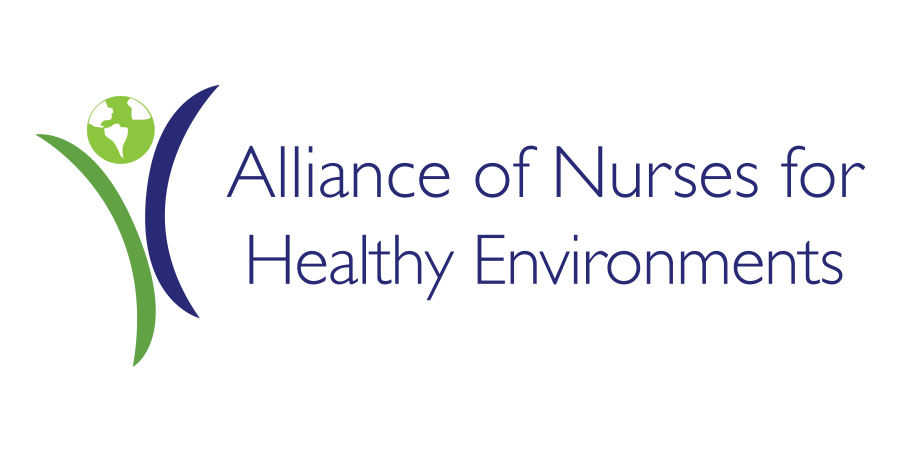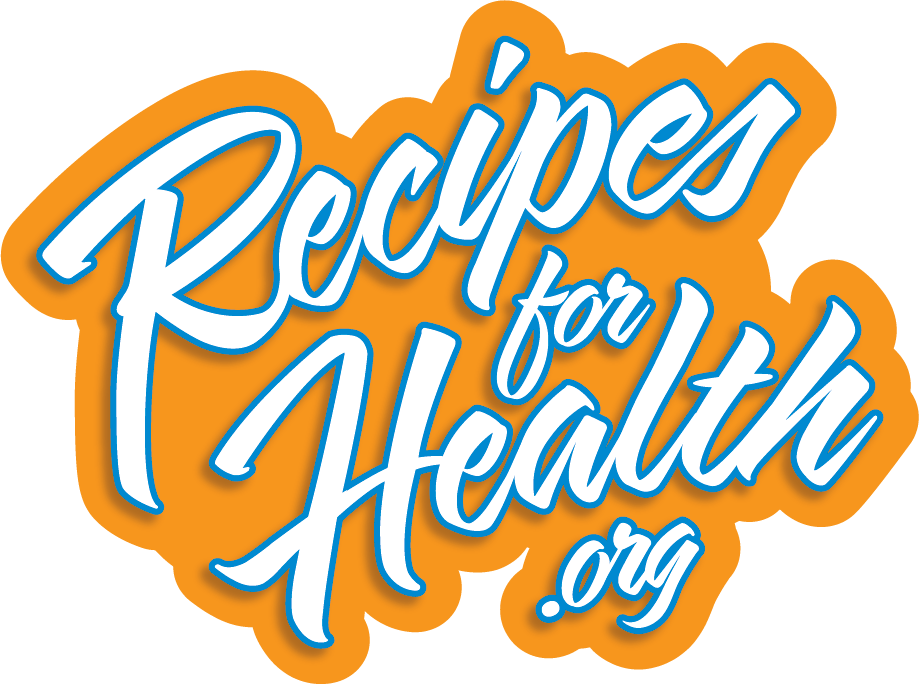

Cleaner AirWaterFoodProducts
AND LEADERS WHO PUT HEALTH FIRST
Imagine… Less Cancer. Fewer children with learning disabilities and asthma. Immune systems that can cope with infections like COVID-19. Imagine making homemade bread, the most basic and traditional of recipes, without worrying about a list of hidden concerns.
Imagine how much healthier we could all be if we had a government that was dedicated to protecting everyone’s health, including protecting all of us from toxic chemicals—drinking water without lead or PFAS, air without particulates pollution, food and products free of BPA, phthalates and flame retardants.
Clean air, water, food and products are human health rights, not an expensive shopping list.
The organizations on the Recipes for Health website are all working for everyone’s right to a healthy environment and safe food and products. On November 3, we need to elect leaders who take these rights – and their responsibility for prioritizing the health of all of us – seriously.
It’s a two-part recipe: grassroots action and the election of women and men who share the vision of a healthier, less toxic future for everyone.
Your support of these organizations and your vote in the November election are both necessary ingredients in the recipe for healthier lives.
Organizations Cooking Up Change
The Childhood Cancer Prevention Initiative is a collaborative effort to improve children’s health by widely sharing the evidence about the impacts of toxic chemicals on children, as well as opportunities for preventing childhood cancer by removing toxic chemicals from products and environments where children live, learn and play.
This cross-sector approach is imperative to reduce the use and emissions of toxic chemicals at a time when rates of new cancers in children are climbing, increasing 34% from 1975 and remains the leading cause of death by disease in children 1-19 in the United States.
Together, we are engaging scientists and health professionals to review and interpret research; help manufacturers and retailers drive a shift in business practices; and encourage elected officials to implement responsible state and federal policies.
We’re calling for a nationwide effort to address preventable childhood cancers.
Download the Report: www.ChildhoodCancerPrevention.org
Take action: https://www.asbcouncil.org/safer-chemicals
Because Health is a non-profit environmental health site, bringing you everything you need to know about how the places we live, work, and play impact our health. Through a combination of science-based tips, guides, and expert advice, it’s our mission to show people simple ways to create a healthier future for themselves and their communities.
Get advice on face masks, cleaning supplies, safer cleaning and disinfection and water quality in childcare facilities and schools during the COVID-19 pandemic.
The Children’s Environmental Health Network (CEHN) is a national multi-disciplinary organization whose mission is to protect the developing child from environmental health hazards and promote a healthier environment.
CEHN’s 2020 voter guide sets out five issues for voters to consider putting the health of children and their environment FIRST. Use the guide and share it widely to help elect women and men who will support children’s health and their environment.
CEHN also has great tools for childcare providers, including their Lead-Safe Toolkit for Home-Based Child Care. While there is NO safe level of lead in a child’s blood, the chemical can be found in water, paint, soil, dust and is commonly found in consumer products. This toolkit can help family childcare providers identify lead sources and address low cost solutions to reduce lead hazards and promote the health and safety of children.
CEHN’s Eco-Healthy Child Care® E-Curriculum is focused on education around 16 topics and low- to no-cost solutions for reducing/eliminating lead exposures in all childcare facilities. This course is recommended and applicable for those outside of childcare as well.
The Alliance of Nurses for Healthy Environments (ANHE) is the leading nursing organization focusing on the intersection of health and the environment. ANHE works with nurses and nursing organizations around the world to promote healthier environments for all.
ANHE Nurses’ Guide to What the Science Teaches Us about Common Solutions to Climate Change and Family Health Problems: In this new guide learn why nurses are calling on all our policymakers to join us in taking strong action now to address climate change and improve our families’ and community health! There is a clear link between climate change and increased exposure to chemicals of concern. Exposures may increase with rising temperatures and many chemicals are petroleum based with all the climate impacts related to fossil fuel extraction. Addressing climate change can have a significant positive impact by reducing chemical exposures!
Nurses Drawdown: Nurses across the globe are invited to participate in Nurses’ Drawdown. Since the earliest days of professional nursing, nurses have understood that optimal health requires good nutrition, along with food free of toxic chemicals, adequate mobility, a healthy environment and social support. Through commitment to Nursing Drawdown actions, nurses will improve the health of individuals and communities, while also taking steps to heal the planet.
